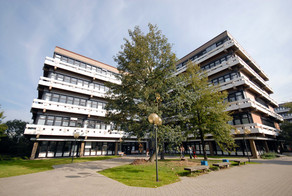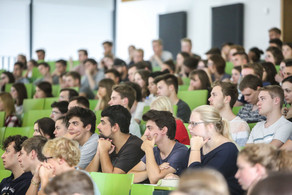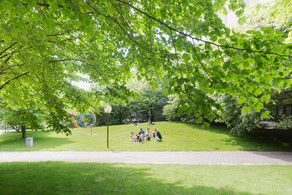Topic: Intellectual giftedness

A current and important topic in educational psychology is intellectual giftedness. The staff of the Department of Educational and Differential Psychology at TU Dortmund University combine a wide range of experience and expertise in giftedness research. For example, in cooperation with Detlef H. Rost, the founder and director of the Marburg Project for the Highly Gifted and the Gifted Diagnostic Counseling Center BRAIN, we investigate the subjective well-being of highly gifted adolescents and the career success of highly gifted adults on the basis of completely or largely unselected and accurately parallelized samples of highly gifted and averagely gifted individuals. Other research questions we have addressed relate to personality characteristics and motivational variables of gifted adolescents. In many cases, there are either no differences between the highly gifted and the averagely gifted or slight differences in favor of the highly gifted. With our research, we contribute to debunking myths and stereotypes about gifted individuals, e.g., as individuals with distinct social-emotional conspicuities. Closely related to this, we examine the extent to which teachers' perceptions of gifted students are shaped by stereotypes and how much knowledge teachers generally have about giftedness. Answering this question is of high practical relevance, as it may also influence the accuracy of teachers' diagnostic judgments in identifying gifted students. Teachers' giftedness diagnostic competencies, which factors moderate the accuracy of diagnostic judgments, and to what extent teachers' judgments are dependent on demonstrated school performance are among the other research topics we address. The question of how teachers confront various support measures for gifted students is also the subject of our research activities.
Contact persons: Dr. Linda Wirthwein, Jun.-Prof. Dr. Sebastian Bergold and Prof. Dr. Ricarda Steinmayr






